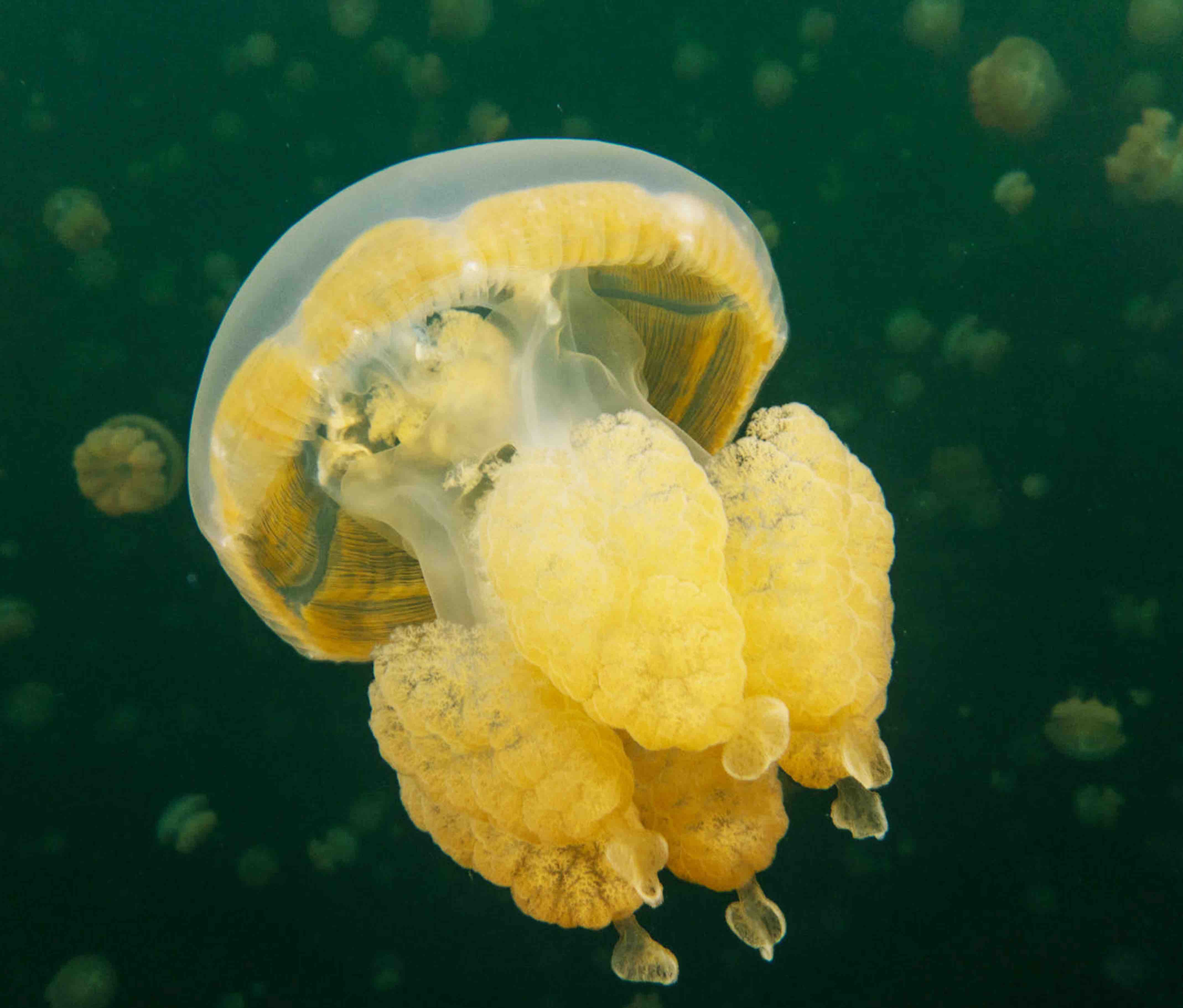
Coral reefs are among the most intriguing and diverse ecosystems on Earth. They are home to an abundance of marine life, provide vital resources to local communities, and substantially contribute to the health of our oceans as a whole.
Gem underwater
Touted as the rainforest of the seas due to its exceptionally high biodiversity, these structures formed by hermatypic cnidarians–corals that build reefs–have a significant physical and ecological effect on its surroundings. They are the tallest structures created by living organisms on earth.
Corals lend the underwater world its vibrant coloration and intricate structure. In addition, coral reefs are among the world’s oldest ecosystems and provide habitat for a quarter of all marine animals and vegetation.
The Hidden Peril
Climate Change: The hazard posed by climate change to coral reefs is significant. In response to rising sea temperatures, corals expel the phytoplankton that provide them with sustenance and color. The corals are weakened by bleaching, making them susceptible to disease and mortality.
Ocean acidification: The excess carbon dioxide (CO2) in the atmosphere contributes to climate change and also causes ocean acidification. As oceans ingest more CO2, they become more acidic, impeding corals’ ability to construct calcium carbonate skeletons. Ocean acidification erodes the structural integrity of coral reefs, reducing their resistance to other hazards.
Pollution: Human activities including industrial pollution, oil accidents, and excessive nutrient discharge have a negative impact on coral reefs. These pollutants can disrupt the ecosystem’s delicate equilibrium, causing coral disease outbreaks and inhibiting coral growth. In addition, plastic pollution poses a dire threat to coral reefs, as corals can become entangled in detritus or ingest microplastics, threatening their health further.
Overfishing and Destructive Fishing Methods:Overfishing upsets the natural equilibrium of coral reef ecosystems. Removing critical species from the food chain can initiate a cascade of negative effects, affecting the health and resilience of reefs as a whole.
Coastal Development and dredging: The rapid expansion of coastal development and associated activities, such as dredging and land reclamation, pose a significant threat to coral reefs. These activities can suffocate corals with detritus, alter water flow patterns, and introduce contaminants, causing extensive harm to the fragile ecosystem.
The problem is not to manage the reefs but to manage the human population and their activities.
Bernard Salvat
Even the sunscreen
Sunscreen is essential for protecting the skin from UV radiation damage. However, the chemicals found in many sunscreens have been identified as major contributors to the decline of coral reefs.
Many conventional sunscreens contain compounds, including oxybenzone (benzophenone-3) and octinoxate (ethylhexyl methoxycinnamate). These chemicals are known as oxybenzone-type UV filters and their UV-absorbing properties are extensively utilized. However, research indicates that even in low concentrations, these compounds are detrimental to coral reefs.
Oxybenzone and octinoxate have been found to induce coral bleaching, a phenomenon in which stressed corals expel their symbiotic algae. According to studies, these compounds can disrupt the endocrine system of coral, resulting in coral bleaching and impeding the recovery of affected reefs.
Coral Larvae Sunscreen compounds can also cause DNA damage in coral larvae. Exposure to oxybenzone has been shown to cause deformities, developmental abnormalities, and decreased survival rates in coral larvae.
The solution is to use reef-friendly sunscreens that protect the skin as well as coral reefs. These sunscreens, also known as mineral or physical sunscreens, use zinc oxide or titanium dioxide instead of UV filters containing oxybenzone. As opposed to being absorbed by the skin’s outer layer, reef-friendly sunscreens physically block and disperse UV radiation. They are biodegradable and free of chemicals that can affect coral reefs.
Preserve the fragile ecosystem
Organizations such as WWF promote protected areas in coral-rich regions and are committed to combating climate change in a bid to prevent coral mortality.
Marine Cultures and other organizations alike contribute to the reforestation and restoration of coral reefs.
To guarantee the health and longevity of our marine ecosystems, the preservation of coral reefs is of utmost importance. Here are a few practical ways we might help to their preservation:
When visiting destinations with coral reefs, choose tour operators and diving/snorkeling techniques that prioritize reef conservation. Do not damage or touch corals, and never remove marine life or artifacts from reefs. While scuba diving, be careful not to trample on the reefs.
Conserving water reduces burden on freshwater sources, which are essential for maintaining the delicate equilibrium of reef ecosystems. Limit your water consumption, promptly repair breaches, and support local water conservation initiatives.
Choose seafood from sustainable sources and encourage others to do so as well. Support fishing practices that protect reef habitats, such as the use of reef-friendly gear and the implementation of no-take zones.
The threat coral reefs face is real and imminent. Their decline threatens the livelihoods of millions of people who rely on reefs for fisheries, tourism, and protection against coastal erosion, in addition to the loss of breathtaking biodiversity. It all starts with a small step like switching your sunscreen.







